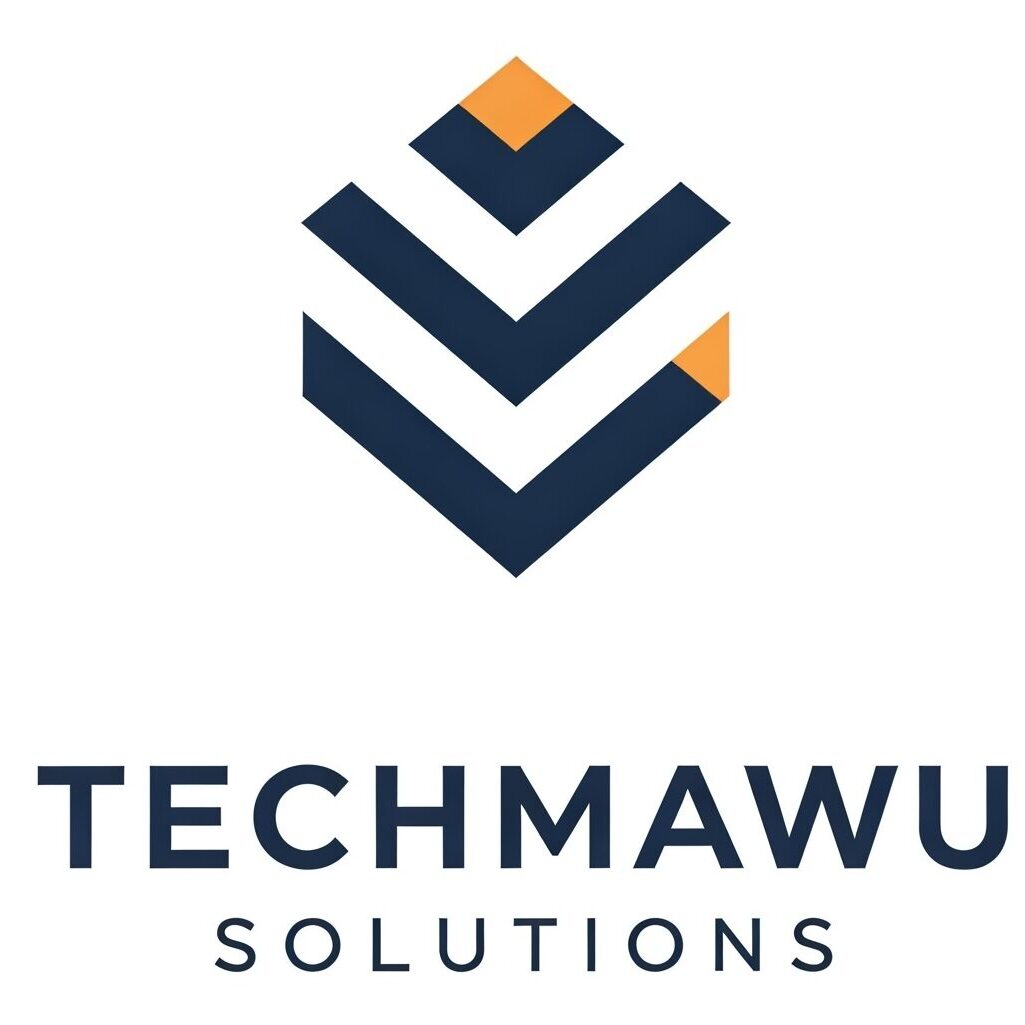Ghana’s Digital Frontier: Leveraging Social Media and WhatsApp for Business Growth
Ghana’s digital landscape is vibrant and dynamic, with social media platforms and communication applications playing an increasingly pivotal role in how businesses connect with their customers. These platforms offer rich engagement opportunities, powerful marketing tools, and direct channels for customer interaction, fundamentally reshaping the commercial ecosystem.
Dominant Platforms and Business Integration Platforms such as Facebook, Instagram, TikTok, and Twitter (now X) are widely adopted by Ghanaian businesses for showcasing products, sharing brand stories, engaging with audiences, and executing targeted advertising campaigns . These platforms provide a comprehensive suite of free marketing tools, including dedicated business profiles, analytics dashboards, scheduling functionalities, and targeted advertising options, enabling entrepreneurs to track engagement metrics and precisely reach their ideal customer segments.
Facebook is particularly noted for its extensive advertising options and robust analytics, while Instagram is popular for visual content and audience connection. TikTok has seen significant growth in Ghana, boasting over 300,000 active users across diverse age groups . Studies on Small and Medium-sized Enterprises (SMEs) in Ghanaian cities like Takoradi and Cape Coast reveal that Instagram and Facebook are the most popular platforms for business engagement, leading to improved customer engagement, increased sales, enhanced brand awareness, higher response rates, and strengthened customer loyalty. Research further indicates a positive correlation between social media advertising and marketing performance for SMEs in Ghana.
WhatsApp Business: A Direct Engagement Powerhouse WhatsApp stands out as a highly popular instant messaging application in Ghana, serving as a widely adopted, free alternative to traditional SMS for users with internet connectivity . WhatsApp Business, a specialized version, is extensively utilized for direct customer interaction. It enables entrepreneurs to create digital product catalogs, deploy automated messages for greetings, FAQs, and order confirmations, and broadcast promotional messages to curated customer lists.
Practical examples abound: a shoe vendor in Adabraka effectively uses WhatsApp groups for updating customers on new stock, collecting orders, and facilitating mobile money payments. Similarly, a vegetable vendor in Techiman leverages WhatsApp to provide daily nutrition tips, building credibility and enhancing customer engagement. MTN Ghana, a major telecommunications provider, successfully implemented an automated virtual assistant on the WhatsApp Business Platform, resulting in a remarkable 3X increase in agent productivity, a 76% resolution rate for customer inquiries on first contact, and an impressive 85% customer satisfaction score specifically attributed to WhatsApp interactions.
WhatsApp Business offers a comprehensive suite of features designed to streamline operations, including quick replies for common queries, product catalogs for showcasing offerings, contact labels for efficient customer categorization, and the capability to share secure payment links (though WhatsApp Pay itself is not yet available in Ghana). The “Click to Chat” feature further enhances convenience by allowing direct messaging to unsaved numbers, useful for quick interactions like delivery updates or one-time customer service responses.
Digital Advertising Landscape and Associated Costs Despite the immense opportunities, Ghana’s digital advertising landscape faces significant challenges, notably a high 21% Value-Added Tax (VAT) on Facebook and Instagram advertisements. This rate is considerably higher than in regional peers like Nigeria (7.5%), South Africa (15%), and Kenya (16%). This elevated VAT directly increases digital advertising costs, disproportionately impacting SMEs and potentially hindering their ability to reach wider audiences and scale operations.
While a 200% ROI is generally considered a strong benchmark for Facebook ads, actual ROI can fluctuate based on industry, business model, and campaign goals, influenced by audience targeting, ad quality, and bidding strategies. The cost of social media management in Ghana can also be substantial, with in-house teams potentially costing GHC 96,000 annually (excluding benefits and tools), while engaging a digital marketing agency typically ranges from GHC 3,000 – 6,000 per month (GHC 36,000 – 72,000 annually), often proving more cost-effective . WhatsApp Business API pricing in Ghana is structured per 24-hour conversation session, with business-initiated conversations costing $0.1208 and user-initiated conversations costing $0.0363, though the first 1,000 conversations each month are free .
Social media platforms and WhatsApp Business offer powerful avenues for Ghanaian businesses to engage customers, build brands, and drive sales. However, navigating the high costs of digital advertising and strategically leveraging the unique features of each platform are crucial for maximizing their potential in Ghana’s competitive digital market.
